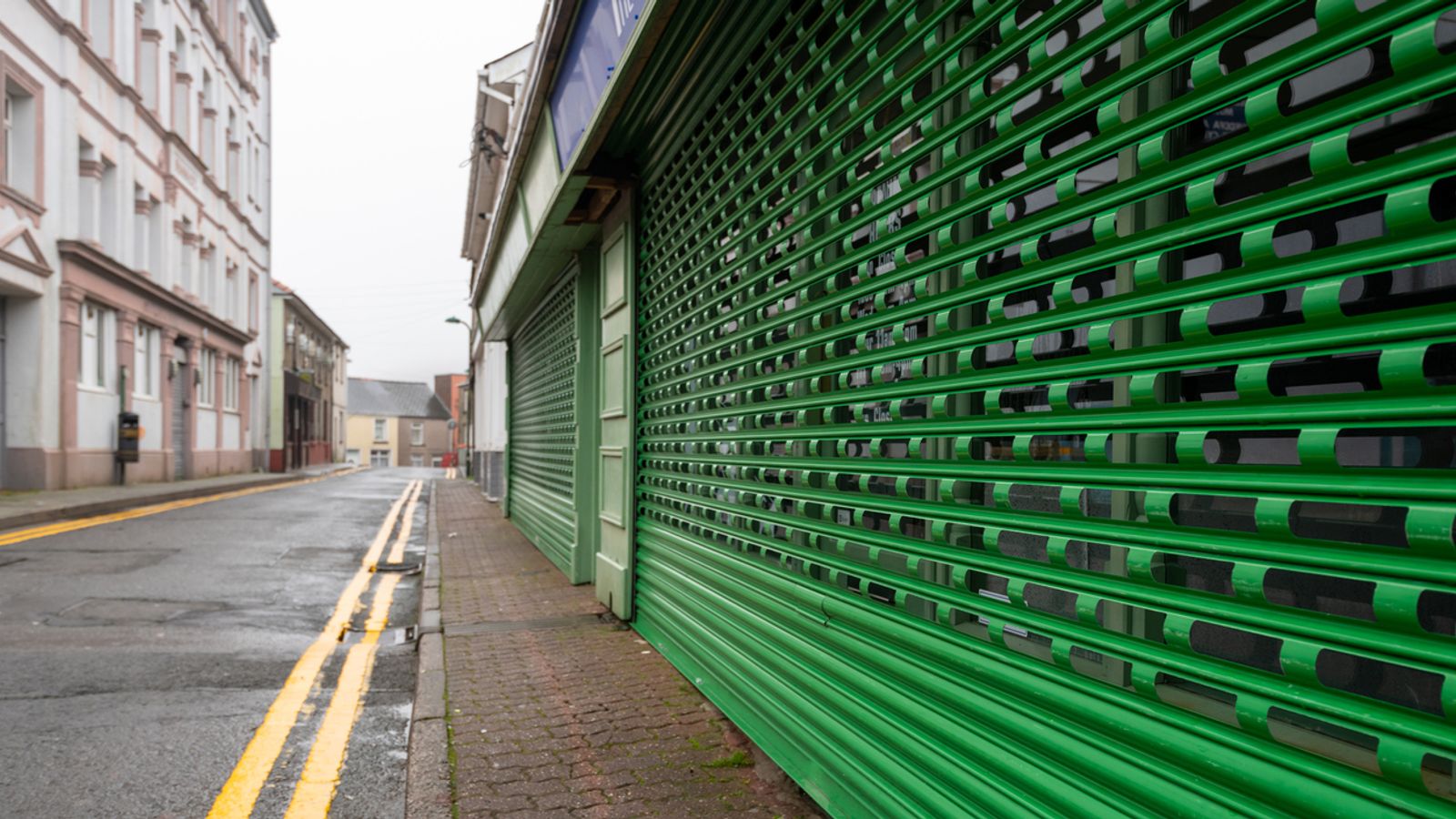The UK is in danger of slipping back into a Victorian-age gap between mainstream society and an impoverished underclass, a report has warned.
Some 13.4 million people lead lives marred by family fragility, stagnant wages, poor housing, chronic ill health and crime, according to the Centre for Social Justice.
The CSJ’s report – Two Nations: The State Of Poverty In The UK – argues that the most disadvantaged in Britain are no better off than 15 years ago, at the time of the financial crash, and cites evidence that switching from welfare to work isn’t worth it for them.
It also found that the coronavirus restrictions had a “catastrophic effect” on the nation’s social fabric, especially for the least well off – and during lockdown:
• Calls to a domestic abuse helpline rose 700%
• Severe absence from school jumped 134%
• 1.2 million more people went on working-age benefits
• 86% more people sought help for addictions
• Prisoners were locked up for 22.5 hours per day
“There is a growing gap between those who can get by and those stuck at the bottom,” the authors warned.
Six in 10 of the general public say that their area has a good quality of life, but this drops to less than two in five among the most deprived.
JN.1: Should we be worried about the COVID variant in the run-up to Christmas?
Boris Johnson to face second day of questioning at COVID inquiry
‘There’s no mistake here – more of a sacrifice’: COVID bereaved queue up to see Boris Johnson at inquiry
Twenty years ago, just one in nine children were assessed as having a clinically recognisable mental health problem, that figure is now one in five – rising to nearly one in four for those aged 17-19.
After higher benefits, the most deprived cite improved mental and physical health as pivotal to a better life.
The report found 40% of the most disadvantaged report having a mental health condition, compared with 13% of the general population.
Please use Chrome browser for a more accessible video player
The CSJ wrote: “Britain is sick but being sick pays.
“The total UC caseload has risen by 106% since March 2020 and the number of claimants with No Work Requirements has increased by 186%.
“There are over 2.6 million people economically inactive because of long-term sickness, an increase of nearly 500,000 since the COVID-19 pandemic.
“Over half of those signed off (53%) reported depression, bad nerves or anxiety.
“The most disadvantaged view mental ill health as the biggest factor holding them back, which only comes fifth for the general public.”
Andy Cook, chief executive of the CSJ, said: “Lockdown policy poured petrol on the fire that had already been there is the most disadvantaged people’s lives, and so far no one has offered a plan to match the scale of the issues.
“What this report shows is that we need far more than discussions on finance redistribution, but a strategy to go after the root causes of poverty, education, work, debt, addiction and family.”
The report includes a poll of 6,000 people conducted by JL Partners – with 3,000 drawn from the general public and 3,000 on the lowest income.
The report also heard from more than 350 small charities, social enterprises and policy experts, and the commission travelled to three nations of the UK and to more than 20 towns and cities.
Read more:
Should we be worried about the COVID variant in the run-up to Christmas?
One in three households with children ‘will struggle to afford Christmas’
Record number of people seeking homelessness support
Please use Chrome browser for a more accessible video player
Crime and an erosion in faith in the justice system, shabby housing and drug addiction are major obstacles.
Both the general public and the deprived cite crime as the worst thing about living in their area.
The most disadvantaged worry twice as much as the mainstream about the quality of their housing and communities being “torn apart” by addiction, the CSJ says.






















